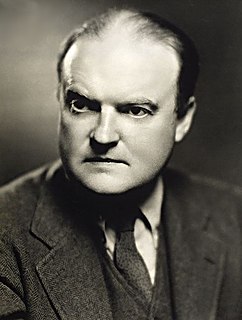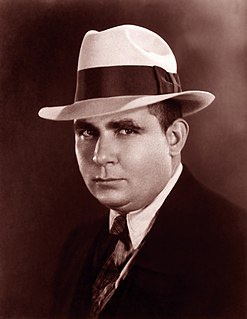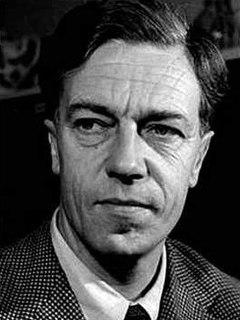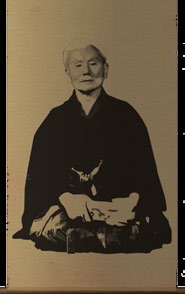A Quote by Edmund Wilson
A young poet in America should not be advised at the outset to give up all for the Muse-to seclude himself in the country, to live hand from mouth in Greenwich Village or to escape to the Riviera. I should not advise him even to become a magazine editor or work in a publisher's office. The poet would do better to study a profession, to become a banker or a public official or even to go in for the movies.
Related Quotes
There is this tendency to think that if you could only find the magic way, then you could become a poet. "Tell me how to become a poet. Tell me what to do." . . . What makes you a poet is a gift for language, an ability to see into the heart of things, and an ability to deal with important unconscious material. When all these things come together, you're a poet. But there isn't one little gimmick that makes you a poet. There isn't any formula for it.
I was interested in creating things that I could be proud of and so, you know, I was interested in being an editor of a magazine, things that I could be proud of, and so, you know, I was interested in being an editor of a magazine, but in order to be an editor of a magazine I had to become a publisher as well. I had to pay the bills. I had to worry about the printing and the paper manufacturing and the distribution of that magazine.
Oh Senor" said the niece. "Your grace should send them to be burned (books), just like all the rest, because it's very likely that my dear uncle, having been cured of the chivalric disease, will read these and want to become a shepherd and wander through the woods and meadows singing and playing and, what would be even worse, become a poet, and that, they say, is an incurable and contagious disease.
If you would get money as a writer or lecturer, you must be popular, which is to go down perpendicularly.... You are paid for being something less than a man. The state does not commonly reward a genius any more wisely. Even the poet laureate would rather not have to celebrate the accidents of royalty. He must be bribed with a pipe of wine; and perhaps another poet is called away from his muse to gauge that very pipe.
The spiritual kinship between Lincoln and Whitman was founded upon their Americanism, their essential Westernism. Whitman had grown up without much formal education; Lincoln had scarcely any education. One had become the notable poet of the day; one the orator of the Gettsyburg Address. It was inevitable that Whitman as a poet should turn with a feeling of kinship to Lincoln, and even without any association or contact feel that Lincoln was his.
When you're a female poet, would you, therefore, invoke a male muse? When nuns get consecrated into their vocations, they become brides of Christ. Christ is the bridegroom. In these symbolic actions, rather than in physical actions, where a male reaches sexuality or participates in intimate exchanges, if one uses a different term - there's often a heterosexual figuring that takes place. The male poet invokes a beautiful female muse. The virginal nun consecrated invokes the male bridegroom, Christ.
When there are no avenues of escape or one is caught even before any attempt to escape can be made, then for the first time the use of self-defense techniques should be considered. Even at times like these, do not show any intention of attacking, but first let the attacker become careless. At that time attack him concentrating one's whole strength in one blow to a vital point and in the moment of surprise, escape and seek shelter and help.




































